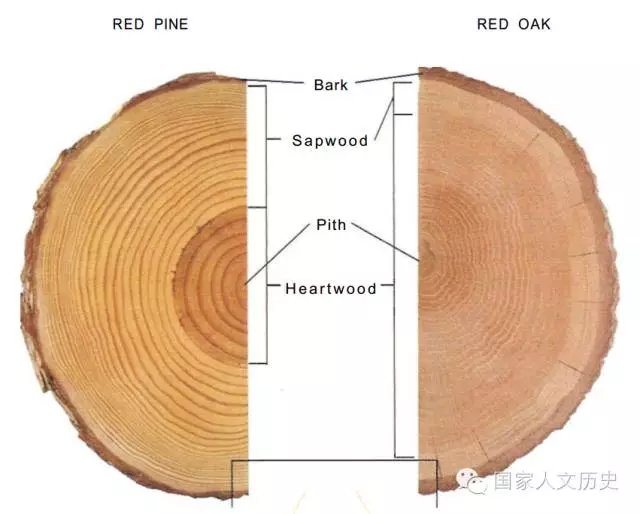Understanding Student Loans: How Does It Work and What You Need to Know
#### Student Loan How Does It WorkStudent loans are a crucial financial tool for many individuals pursuing higher education. Understanding how student loans……
#### Student Loan How Does It Work
Student loans are a crucial financial tool for many individuals pursuing higher education. Understanding how student loans work is essential for making informed decisions about funding your education. In this article, we will explore the mechanisms of student loans, the different types available, the application process, repayment options, and tips for managing your student debt effectively.
#### Types of Student Loans
There are primarily two types of student loans: federal and private.
**Federal Student Loans** are funded by the government and typically offer lower interest rates and more flexible repayment options. They come in several forms, including Direct Subsidized Loans, Direct Unsubsidized Loans, and Direct PLUS Loans. Subsidized loans are based on financial need, while unsubsidized loans are available to all students regardless of need.
**Private Student Loans**, on the other hand, are offered by banks, credit unions, and other financial institutions. These loans often have variable interest rates and may require a credit check or a cosigner. It's important to compare the terms and conditions of private loans carefully, as they can vary significantly.
#### Application Process
To apply for federal student loans, you need to complete the Free Application for Federal Student Aid (FAFSA). This form collects financial information to determine your eligibility for various types of financial aid, including grants, work-study programs, and federal student loans. Once your FAFSA is processed, you will receive a Student Aid Report (SAR) that outlines your expected family contribution (EFC) and eligibility for aid.

For private loans, the application process usually involves filling out an online form with your personal and financial information. Lenders will assess your creditworthiness and may require documentation such as income verification and enrollment status.
#### Repayment Options
Understanding how student loan repayment works is crucial. Federal student loans offer a variety of repayment plans, including:
1. **Standard Repayment Plan**: Fixed payments over 10 years.
2. **Graduated Repayment Plan**: Lower payments that increase every two years.
3. **Income-Driven Repayment Plans**: Payments based on your income and family size, which can extend the repayment term up to 25 years.

Private loans may offer different repayment options, so it's essential to check with your lender for specific terms.
#### Managing Student Debt
Managing student debt effectively can alleviate financial stress after graduation. Here are some tips:
- **Budget Wisely**: Create a budget that accounts for your monthly loan payments and living expenses.
- **Consider Loan Forgiveness**: Some federal loans may qualify for forgiveness programs after a certain number of payments or if you work in public service.
- **Make Extra Payments**: If possible, make extra payments towards your loans to reduce the principal balance and interest over time.

- **Stay Informed**: Keep track of your loans, interest rates, and repayment options. Regularly check your loan servicer’s website for updates.
#### Conclusion
In conclusion, understanding student loans and how they work is vital for anyone considering higher education. By familiarizing yourself with the types of loans available, the application process, repayment options, and effective debt management strategies, you can navigate the complexities of student loans with confidence. Remember that financial literacy is key to making the most of your educational investment and minimizing the burden of student debt in the long run.